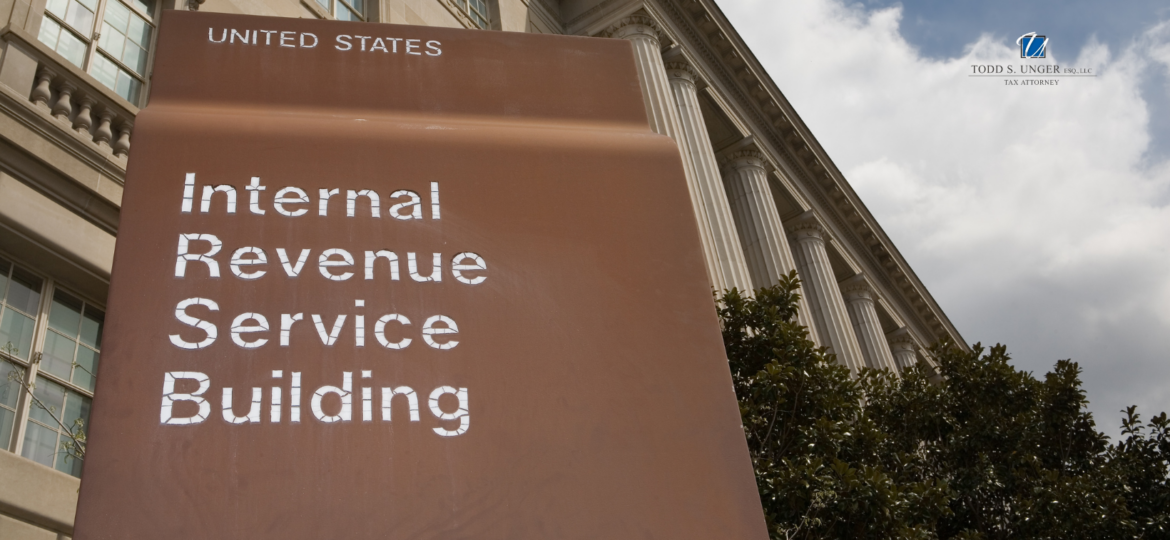
What is the Trust Fund Recovery Penalty?
If you run a business with employees, chances are you’re familiar with payroll taxes. You withhold federal income tax, Social Security, and Medicare from each paycheck, then you’re supposed to send those amounts to the IRS. Simple, right?
However, if you fall behind, you might think the worst that can happen is a tax bill or some penalties. Unfortunately, it can get a lot worse. That’s where the Trust Fund Recovery Penalty (TFRP) comes in. It’s the IRS’s way of saying: “We’re not just going after your business. We’re coming after you.”
What Is the Trust Fund Recovery Penalty?
The IRS calls these withheld payroll taxes “trust fund” taxes because you’re holding that money in trust for your employees. You don’t own it. And if it doesn’t make it to the government, the IRS treats it like theft.
The TFRP allows the IRS to hold individuals personally liable for those unpaid amounts, not the company. That means they can go after your personal bank accounts, retirement funds, and even your home. And they don’t need to sue first. Once assessed, the penalty becomes a personal debt to the government.
The penalty amounts to 100% of the unpaid taxes. If your business withheld $50,000 but failed to remit it, you could be personally liable for the entire sum, even if the company ceases operations.

Who’s on the Hook?
The IRS considers more than just the owner. Basically, if you controlled the company’s finances, especially if you decided who was paid and when, you’re at risk. Even if your role was something vague like “operations,” the IRS focuses on your actions rather than your job title.
And they’re not looking for intent to steal. Just knowingly failing to pay is enough. If you paid vendors, rent, or other bills instead of sending payroll taxes to the IRS, that’s considered “willful” behavior.
They look for the “responsible person.” That could be:
- The CEO
- A CFO or controller
- A bookkeeper
- A partner
- A payroll manager
- Even a board member or investor who signed off on financial decisions
The Interview That Starts It All
The first sign you’re being investigated is often a letter asking you to complete Form 4180. It’s part of an IRS interview where they ask about your role in the company, your financial authority, and your knowledge of the tax issues.
This interview is not merely a formality. Your statements will influence whether you are subjected to a penalty. If you are invited to participate, it is imperative to approach with seriousness.
It is advisable to have a tax professional review the form with you or, ideally, accompany you during the interview. The consequences are too significant to approach casually.

What Happens If They Decide You’re Liable?
After the interview, the IRS might send Letter 1153, informing you that they intend to assess the TFRP. It starts a 60-day countdown. You have two months to either appeal the decision or accept the liability.
Appealing involves submitting a written protest explaining why you shouldn’t be considered responsible or willful. Maybe you didn’t have check-signing authority. Maybe you were kept in the dark. Whatever the case, that letter is your one shot to avoid the penalty before it becomes final.
If you don’t respond within 60 days? The IRS moves ahead and makes it official.
What If You Can’t Pay?
If you can’t pay the penalty in full, don’t panic. The IRS has programs to help, but they come with strict rules.
Your best options to choose from are:
- Payment Plan – Set up monthly payments over time.
- Offer in Compromise – Settle for less, but only if you can prove serious financial hardship.
- Currently Not Collectible Status – Pause collection if you truly can’t afford to pay anything.

Can It Be Shared?
It is important to recognize that multiple individuals may be subject to the same TFRP. For example, if three employees within a company possess authority over financial matters, the IRS could impose the penalty upon all three of them.
Each one is responsible for the entire amount. If one pays it off, the others are off the hook; however, until that happens, the IRS can still pursue any of them.
Ready To Talk To A Professional?
The Trust Fund Recovery Penalty is no slap on the wrist. It’s one of the few tax penalties that can follow you home, attach to your personal property, and outlive your business.
If you’ve received IRS letters about unpaid payroll taxes, or worse, a Form 4180 interview or Letter 1153, don’t delay. The sooner you act, the better your chances of resolving it without losing everything you’ve worked for.
Small business owners often struggle to understand TFRP investigations, negotiate with the IRS, and safeguard their personal finances. If you’re going through this, please remember we’re here to support you… Don’t hesitate to get in touch!
Remember, your money is important, and you deserve support every step of the way.

